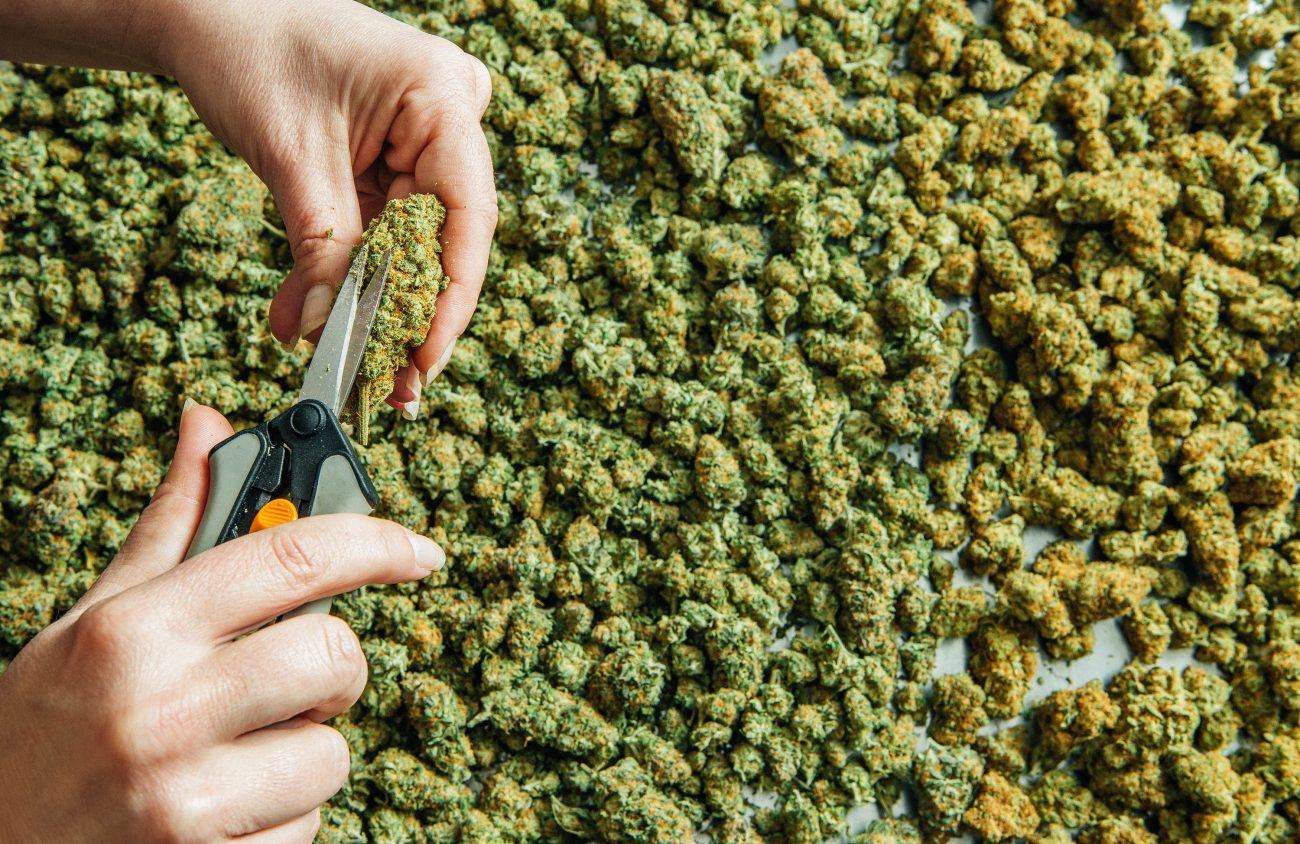Once upon a time, if cannabis consumers were not satisfied with their purchase, then customers were basically at the mercy of their dealer. What were they supposed to do — file a lawsuit or submit a formal consumer complaint? Both would have seemed laughable. But times have changed — and it turns out that dozens of people have in fact filed marijuana-related consumer complaints with the Oregon Department of Justice (DOJ) and some even with the Better Business Bureau (BBB).
The DOJ complaints date back to at least 2004, and represent a variety of complaint types. For example, one complainant accuses an Oregon Medical Marijuana Program manager of twice negligently emailing the entire list of registered growers’ email addresses. Another DOJ complainant actually took things a step further by successfully suing a weed business. That man is Monte Coburn, 67, of Portland, who sued Cannabliss, a chain of pot shops in the Willamette Valley.
According to Coburn’s original DOJ complaint — obtained by Eugene Weekly via a public records request — he purchased nine cartridges of CO2 oil valued at $360 from Cannabliss on Feb. 17, 2017, “and before,” and when the cartridges failed to work he attempted to return them but was not given a refund.
“They’re nothing but a rip-off.” Coburn says, reached by telephone.
When Coburn returned to the store to secure a refund, he started cursing at employees and threatened to sue, according to Cannabliss founder Matthew Price’s rebuttal to Coburn’s complaint.
Price asserts that Coburn was not granted a refund because the cartridges were outside of a since-changed 30-day return window. However, in Price’s rebuttal to Coburn’s complaint he writes that there was never a 30-day return policy.
Price says that cartridge returns are allowed under a newly established 72-hour return policy because historically they have had a high rate of failure, but that flower returns are only offered on a case-by-case basis.
According to Multnomah County Circuit Court records, Coburn sued Price and Cannabliss for $589 in June 2017, and in July 2017 the court entered a judgment in Coburn’s favor in the amount of $764 due to Price no-showing at the court date. However, court records also indicate that in October 2017 Coburn requested that the prior judgment be set aside.
According to Price, the two parties were eventually able to reach an agreement. “We are a customer friendly business, and the situation with Monte was unfortunate. The thing with Monte ended up being a training session for my company,” Price says.
Another subject of a DOJ consumer complaint and also a BBB complaint is Portland’s Left Coast Connection. Left Coast was accused of selling $6 worth of marijuana in an opaque bag that, when opened, contained only stems and leaves.
Left Coast is a part of an umbrella company called Golden Leaf Holdings. On Golden Leaf’s website it is described as being based out of Portland. However, according to bloomberg.com, Golden Leaf is headquartered in Toronto, Ontario, and has a market cap of $121 million.
The complainant, Scott McKenzie, would not comment, but according to his complaint, on Sept. 16, 2017, when he realized that the bag he had purchased contained only stems and leaves, he “immediately went back in to complain [and] upon re-entering the business I poured out the contents of what I was sold on the counter and told a man with greased back hair at the window, that what I was sold was ‘unacceptable’ and ‘unusable.’”
No refund was given at the time, and based on communications with the DOJ, BBB and Golden Leaf representatives it is unclear whether a refund for the $6 sack was ever offered.
Jenn Hopper, a Left Coast manager, described the situation as “a bit of a misunderstanding,” and also says that flower sales are final.
Stephen Mayer, BBB spokesperson, says that McKenzie “ceased conversation with us” and that they have no way of knowing if he was satisfied with Left Coast’s response to his complaint.
DOJ spokesperson Kristina Edmunson says that after looking into both complaints they appear to have been “resolved satisfactorily.”
EW asked Mayer: Given the quasi-legal nature of marijuana sales in certain states, does BBB hesitate at all to accept marijuana-related complaints?
His response was this: “We treat all complaints the same. If a company has a business license that allows them to operate in their town/state, then we treat them as any other business. We process recreational and medical marijuana businesses, depending on if the state allows them to operate.”
